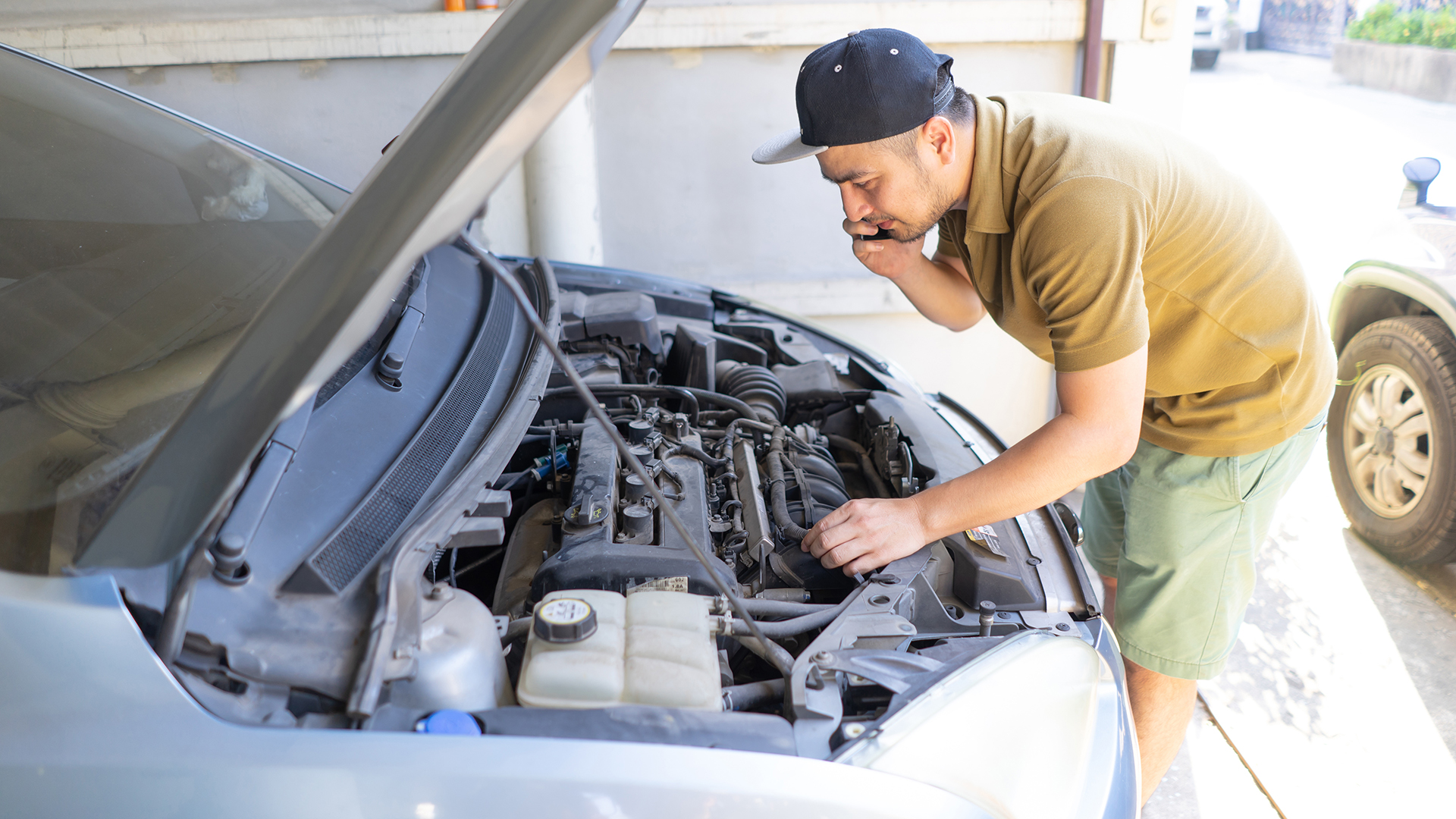

Having a car on the road is not one of life’s cheapest pleasures. Cars are money pits, and the maw opens wider if you’re restoring or modifying a vehicle for fun. To help your fellow readers prioritize where to put their money when it comes to car maintenance, we wanted to ask you: Which car parts can you generally get away with going cheaper on?
I’m moseying through my mid-30s now, and I’ve been tinkering with old cars for over a decade. One car forum adage I generally adhere to nowadays is “buy once, cry once.” That means when I need to replace a part, I usually research a high-quality one and install it even if cheaper alternatives exist. But not everyone has that luxury. I certainly didn’t when I first started swinging wrenches in my dad’s garage circa 2004. And just because you can afford top-shelf parts doesn’t necessarily mean they’ll benefit you. A Honda Civic LX doesn’t need Spoon brake lines, for example.
To get this discussion started, I’ll rattle off a few items I rarely feel compelled to buy the best version of:
- Plastic retainer clips. Pretty much every car uses handfuls of these in a variety of sizes to hold interior panels and trim pieces to the car. If you’re car’s more than 10 years old, it’s likely that those little clips will be brittle and break if you ever try to access one. Your local car dealer will probably sell them to you for about $1 each (if you can find the part number), but you’re better off just buying huge variety packs from Amazon. The price-per-piece cost plummets, and you’ll never have to worry about breaking one again.
- Light bulbs with a caveat—don’t get cheap LEDs. Cheap incandescents work much better than cheap LEDs (sometimes they’re even better than expensive LEDs, but that’s a story for another day).
- And I know it might sound shocking coming from a car nut, but motor oil. As long as you change your oil on time and it meets the spec recommended by your car’s manufacturer (it’ll have a little “meets XYZ standard” emblem on the bottle, which should correspond to whatever your car owner’s manual says), you’re good. All cars could benefit from elite high-end oil to some degree, but if you’re not driving something high-strung or high-revving, you might not feel those benefits practically for the time you own the car.
Anyway, those are just a few quick ideas off the top of my head—we really put this post together to see what you think. Sound off here.